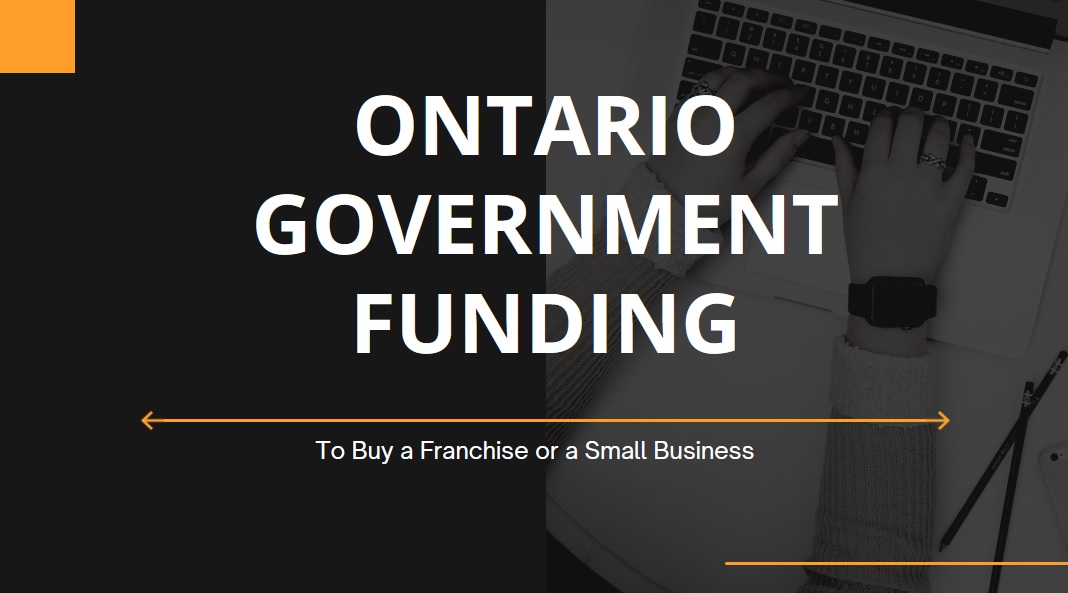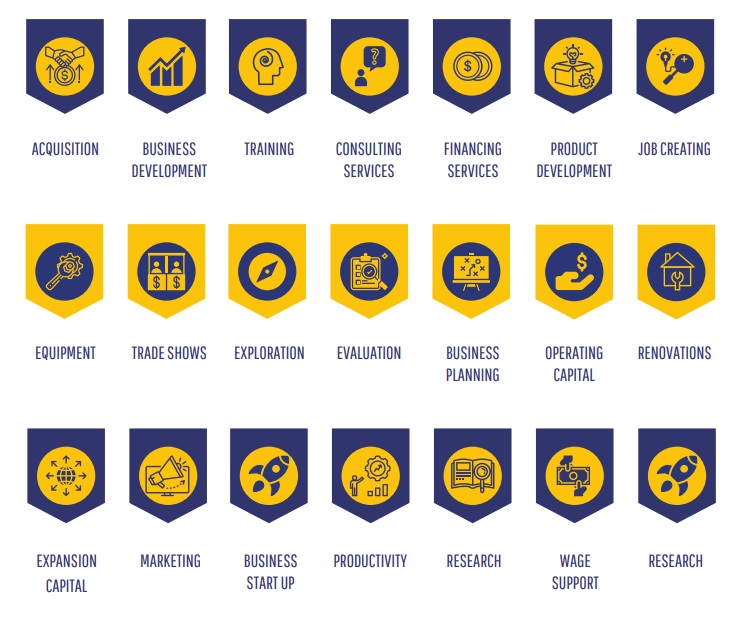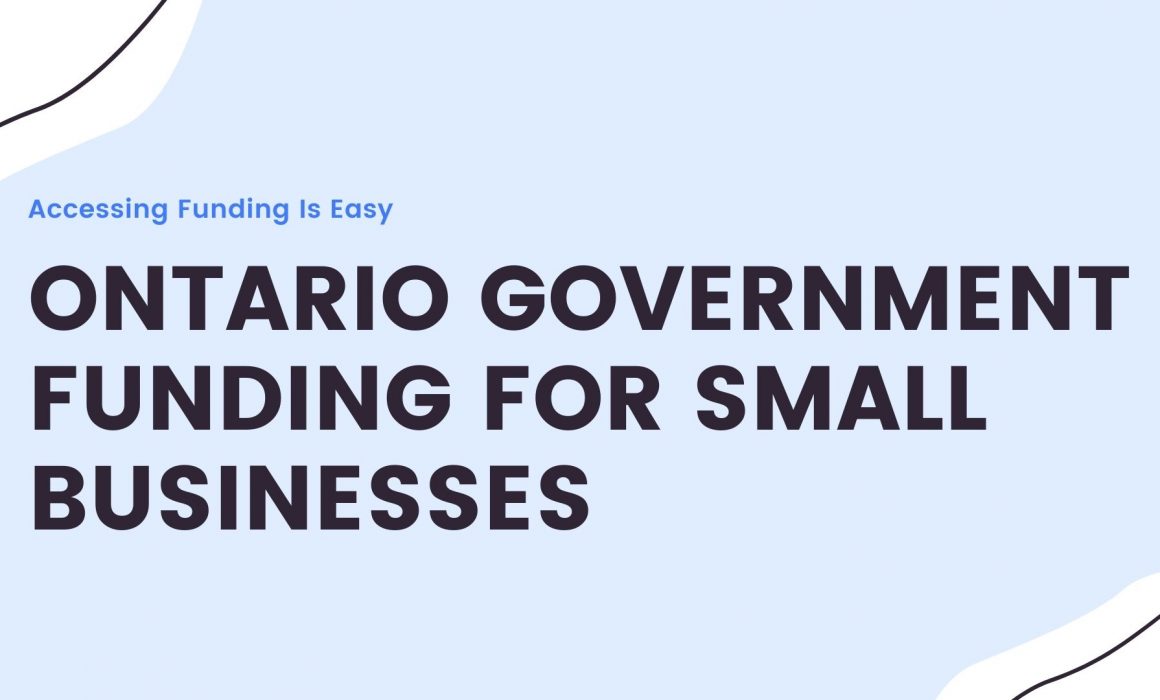Creating a business plan is a crucial task for every aspiring entrepreneur. This comprehensive document serves as a roadmap, detailing your business’s goals, strategies, and financial expectations. However, during this process, many entrepreneurs stumble into common pitfalls that can potentially jeopardize their venture’s success.
Ready to turn your business idea into a reality? Our Business Plan Builder tool simplifies the process, helping you create a solid plan and increase your chances of securing government funding in Ontario.
This article highlights these errors and provides comprehensive guidance on avoiding them.
Mistake 1: Neglecting Comprehensive Market Research
Thorough market research lays the foundation for any successful business plan. Failing to understand your target market, competitors, and industry trends can lead to a misguided strategy. Therefore, it’s essential to invest significant time and effort into analyzing market data. This will provide you with vital insights into your customer preferences, product or service demand, and any potential market gaps that your business could fill.
Mistake 2: Not Defining Clear Goals
A business plan without clear objectives is like navigating a ship without a compass. You must define specific, measurable, attainable, relevant, and time-bound (SMART) goals for your venture. These goals could range from increasing revenue and expanding to new markets, to improving customer satisfaction or developing a new product. Defining clear objectives offers a focused direction for your business and provides benchmarks to measure your performance.
Mistake 3: Ignoring Competitive Analysis
Ignoring the competition can lead to missed opportunities and unanticipated threats. It’s crucial to identify your direct and indirect competitors and understand their strengths, weaknesses, strategies, and customer base. By conducting a comprehensive competitor analysis, you can carve a unique niche for your business in the market and devise strategies to gain a competitive advantage.
Mistake 4: Unrealistic Financial Forecasts
Many entrepreneurs fall into the trap of overly optimistic financial forecasting. Overestimating revenues and underestimating expenses can create inaccurate financial plans and set unrealistic expectations for investors. It’s essential to conduct a thorough financial analysis based on industry standards, market trends, and expert advice to craft accurate financial projections. Your financial plan should include all possible costs, such as overheads, marketing, personnel, and capital expenditure.
Mistake 5: Absence of Contingency Plans
The dynamic nature of business brings its share of risks and uncertainties. Ignoring potential challenges in your business plan can expose your venture to these risks. Entrepreneurs should identify potential risks and devise robust contingency plans to tackle unforeseen circumstances like economic downturns, supply chain disruptions, or changes in market trends.
Mistake 6: Unprofessional Structure and Formatting
The presentation of your business plan matters as much as its content. An unorganized or poorly formatted plan can undermine your credibility in the eyes of potential investors. Ensure your plan is well-structured, easy to follow, and professionally formatted. Include a table of contents, clear headings, and subheadings, and utilize charts and graphs to support your data visually.
Mistake 7: Overlooking Your Unique Value Proposition
Your business plan must articulate what sets your product or service apart from the competition. Clearly defining your unique value proposition is crucial as it identifies your venture’s unique strengths and selling points. This can prove particularly influential when attracting potential investors or customers.
Mistake 8: No Clear Marketing or Sales Strategy
Revenue is the lifeblood of any business, and your plan should detail your strategies for customer acquisition and retention. A vague or absent marketing and sales strategy can cast doubt on your revenue projections. Therefore, outline clear strategies for reaching your target market, capturing leads, converting prospects into customers, and retaining those customers for repeat business.
Mistake 9: Neglecting Legal and Regulatory Considerations
Ignoring legal and regulatory factors in your business plan can lead to significant legal troubles in the future. These can include issues related to business licensing, insurance, intellectual property protection, employment laws, tax regulations, and industry-specific regulations. Be sure to conduct thorough legal research and include it in your plan.
Mistake 10: Missing an Executive Summary
The executive summary is often the first section of your business plan that investors will read. An engaging and well-written executive summary can entice readers to explore your business plan further. Failing to include an executive summary or crafting a poorly written one can deter potential investors or lenders.
Mistake 11: Not Defining the Management Team
Investors often consider the management team as one of the most crucial elements of a startup. Your business plan should include a section detailing your team members, their roles, experiences, and how their skills contribute to your venture’s success. This will reassure investors about the competence of your team and their ability to execute the business plan effectively.
Mistake 12: Ignoring the Exit Strategy
While no entrepreneur wants to think about exiting their business at the start, investors will want to see an exit strategy. This outlines how they can get a return on their investment. Your exit strategy could include selling the business, merging with another company, or a public offering.
Creating a successful business plan involves more than simply documenting your vision. It requires comprehensive research, clear goal setting, competitive analysis, realistic financial planning, risk management, and professional presentation. By avoiding the common mistakes highlighted in this article, you will establish a solid foundation for your business, enhancing your prospects of achieving your goals and convincing investors of your venture’s potential.






